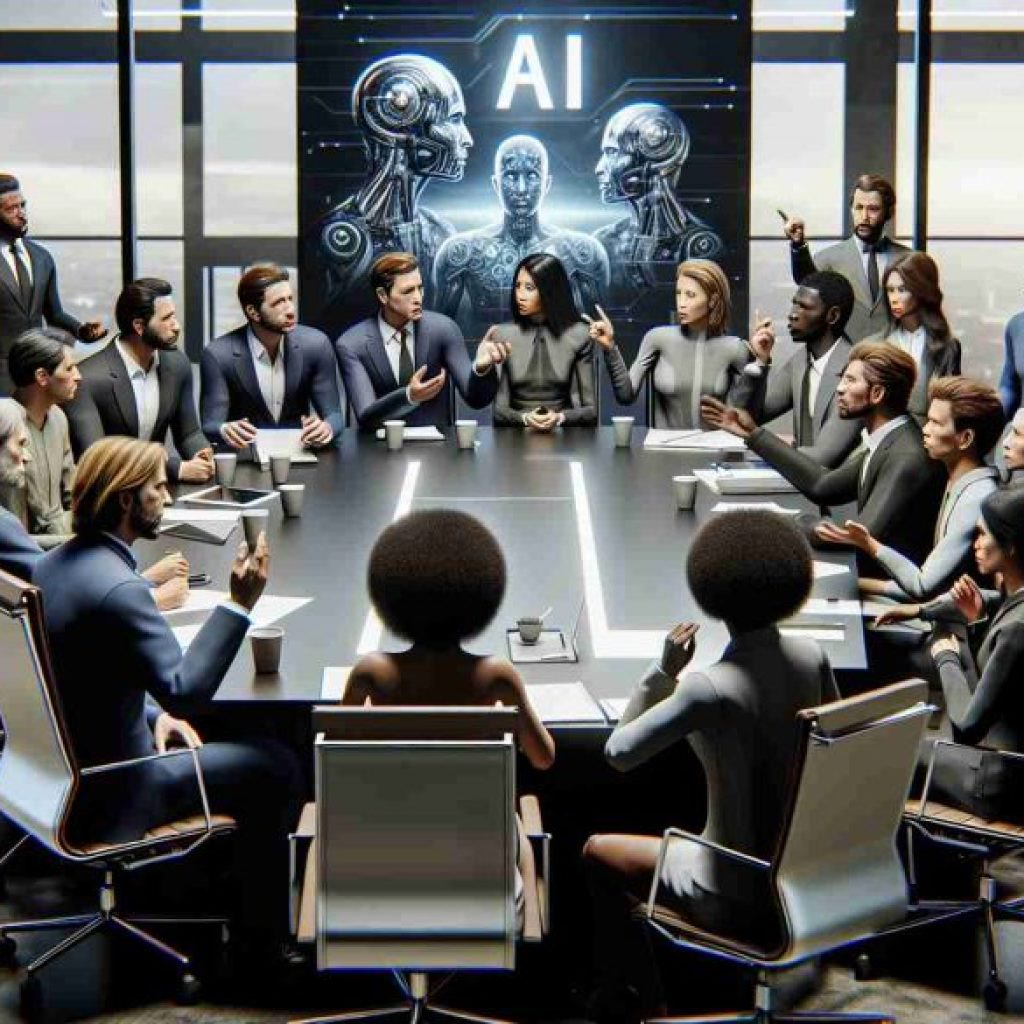Recently, the tech world has been abuzz with discussions surrounding the concept of open-source artificial intelligence (AI). With Meta’s pledge to create open-source artificial general intelligence and Elon Musk’s legal dispute with OpenAI over its approach to openness, the spotlight on defining “open-source AI” has intensified.
Defining open source AI: A conundrum
Despite the growing interest, a fundamental challenge exists the lack of a clear definition of “open-source AI.” While the concept promises inclusivity, transparency, and innovation acceleration, there’s a lack of consensus on its parameters. The Open Source Initiative (OSI) has gathered a diverse group to delineate what constitutes open-source AI.
At the heart of the matter lies the intricate nature of AI models. Unlike traditional software, AI involves multiple components, including trained models, training data, preprocessing code, training algorithms, and model architectures. Determining which elements should be open and accessible poses a significant challenge.
The debate intensifies when considering the role of data. Major AI companies release pre-trained models but withhold the training data, citing competitive advantage and data privacy concerns. This approach raises questions about the authenticity of openness and restricts meaningful modifications and studies.
While some argue that pre-trained models can be adapted without access to original training data, purists contend that genuine openness necessitates transparency in data sources. The disagreement underscores the tension between fostering innovation and safeguarding proprietary interests.
Balancing act: Openness vs. competitive advantage
For tech giants, embracing open-source principles presents both opportunities and dilemmas. Open-sourcing software fosters ecosystem development, industry standards, and regulatory benefits. However, relinquishing control over valuable training data risks diluting competitive edges and challenging market dominance.
Amidst the debate, voices advocate for compromise. Suggestions include sharing open training resources like data from public repositories like Wikipedia to enable model recreation and understanding. However, legal complexities and property rights concerns surrounding scraped data highlight the need for pragmatic solutions.
The tech community defines its parameters as the discourse on open-source AI unfolds. Clarity in defining open-source AI is crucial for fostering innovation, ensuring transparency, and addressing concerns about monopolistic control. Achieving consensus amidst divergent interests remains the ultimate challenge in shaping the future of technology.





